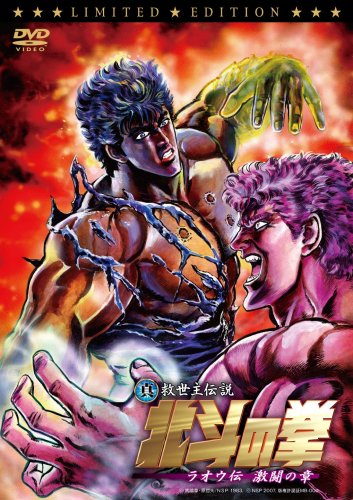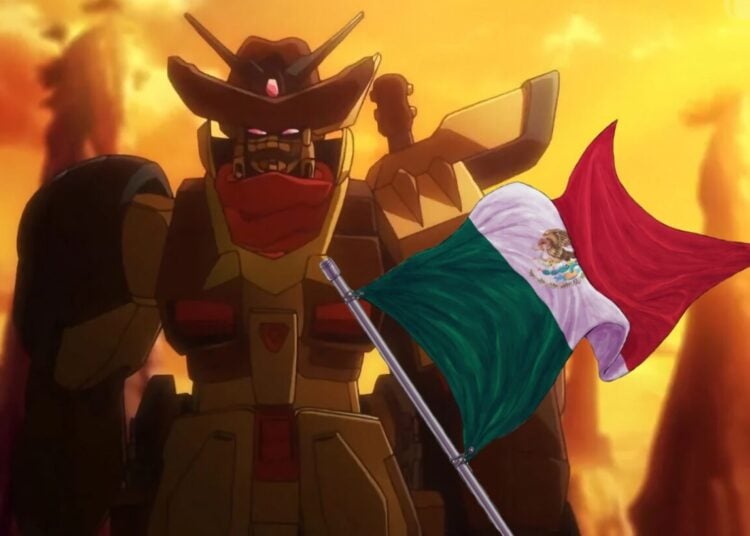Sometimes part of the fun of studying a language like Japanese is “surfing” the linguistic elements that are totally different from anything found in one’s own native language. One of the most common kanji characters is ki, a rather all-purpose kanji for expressing abstract ideas, read chi in Chinese. Translatable as spirit, soul, nature, heart, mood, feeling, or atmosphere, it generally deals with concepts related to the air, invisible forms of energy, or a person’s awareness. The ki character is found in some of the first words a student of Japanese encounters, like genki (happy, energetic), tenki (weather) and kuuki (air). The word can express intention (shinu ki = the intention to die) as well as a person’s feelings or emotions (kimochi ii = that feels good, honki = serious intention). The concept is also used in martial arts and yoga, which seek to focus the mind’s ki in beneficial ways. It pops up in words like kiai, the verbal yell you release when focusing your strength in martial arts, and the weird energy that emanates from an anime character when he fights is called touki, “fighting energy.” The word can be found in several Japanese idioms that are used quite often, such as ki wo tsukete (be careful; literally “fix your body’s energy and attention on the task at hand”), or ki wo tsukau (to be considerate of; literally “to use your ki on behalf of another person”). As a Star Wars fan, I have a fantasy that George Lucas was taking a Japanese 101 course at USC back in the 60s, where he encountered this mysterious character, and it planted the idea for The Force in his mind.
















